The University of Connecticut Humanities Institute (UCHI) is proud to announce its incoming class of humanities fellows. This year, we are especially excited to welcome our two inaugural Undergraduate Research Fellows, who will join two visiting fellows (including our Henry Luce Foundation Future of Truth fellow), four dissertation scholars (including the Draper Dissertation Fellow and the first Richard Brown Dissertation Fellow), and seven UConn faculty fellows (including the Mellon UCHI Faculty of Color Working Group Fellow). We have fellows representing a broad swath of disciplines, including History; English; Philosophy; Political Science; Linguistics; Digital Media and Design; Literatures, Culture and Languages; and Women’s, Gender, & Sexuality Studies. Their projects take many forms including scholarly monographs, biographies, documentary films, and novels, and cover topics from the history of early modern empires to the language of time and possibility. For more information on our fellowship program see our Become a Fellow page. Welcome fellows!
Undergraduate Research Fellows
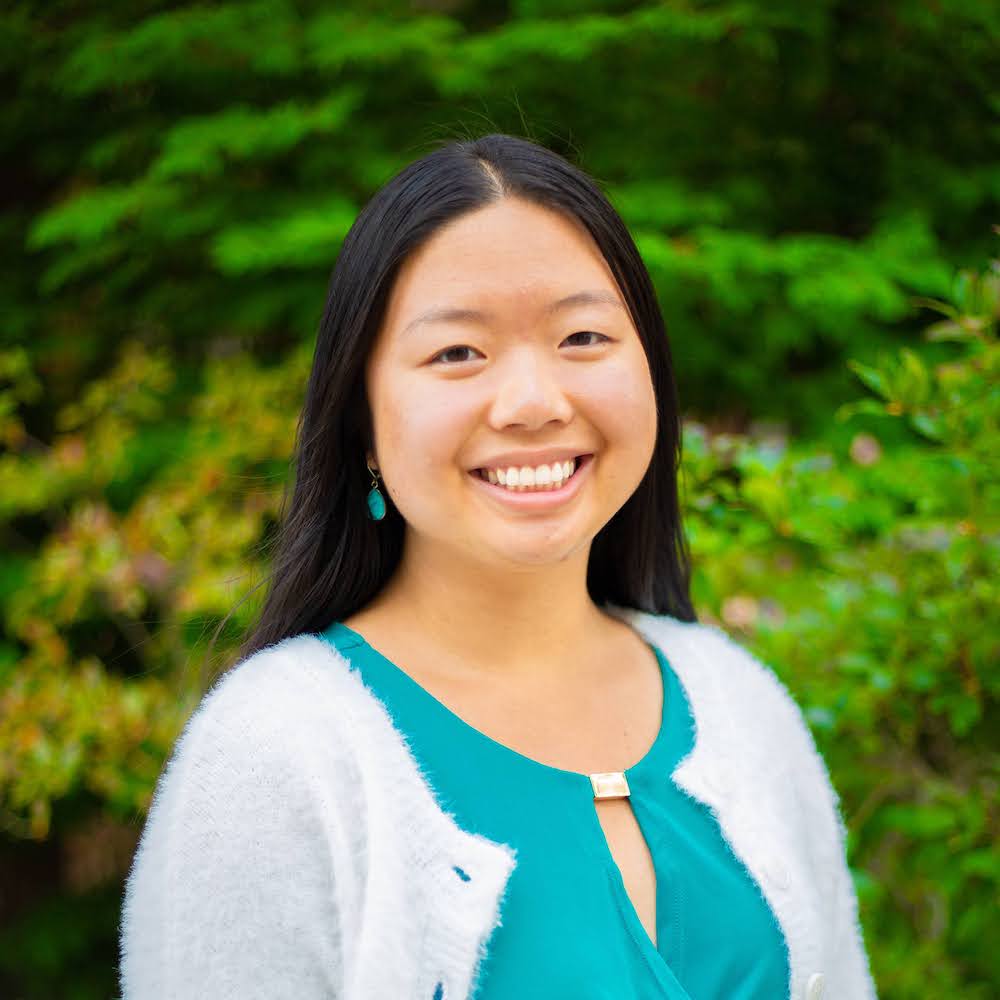
Karen Lau
“Kimchi Jjigae for the Soul: Ethnic Studies and Social-Emotional Learning”
Project advisor: Jason Oliver Chang and Grace Player
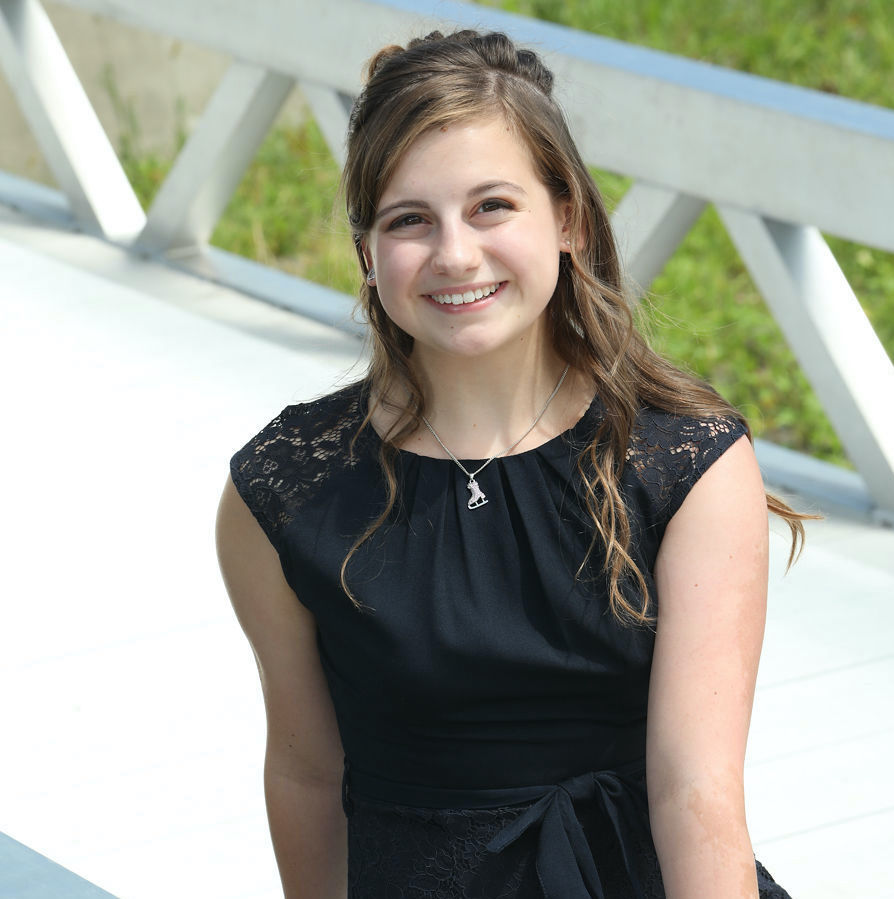
Rylee Thomas
“The Ghostly Dynasty: Victim-Blaming, the Gothic Novel, and the Modern True-Crime Drama”
Project advisor: Ellen Litman
Honorable mentions:
Kathryn Atkinson, “Cenabis Bene: A Culinary Odyssey through Apicius”
Monika Rydzewski, “Look at the Screen!: Merging Media with Gossip”
Visiting Residential Fellows
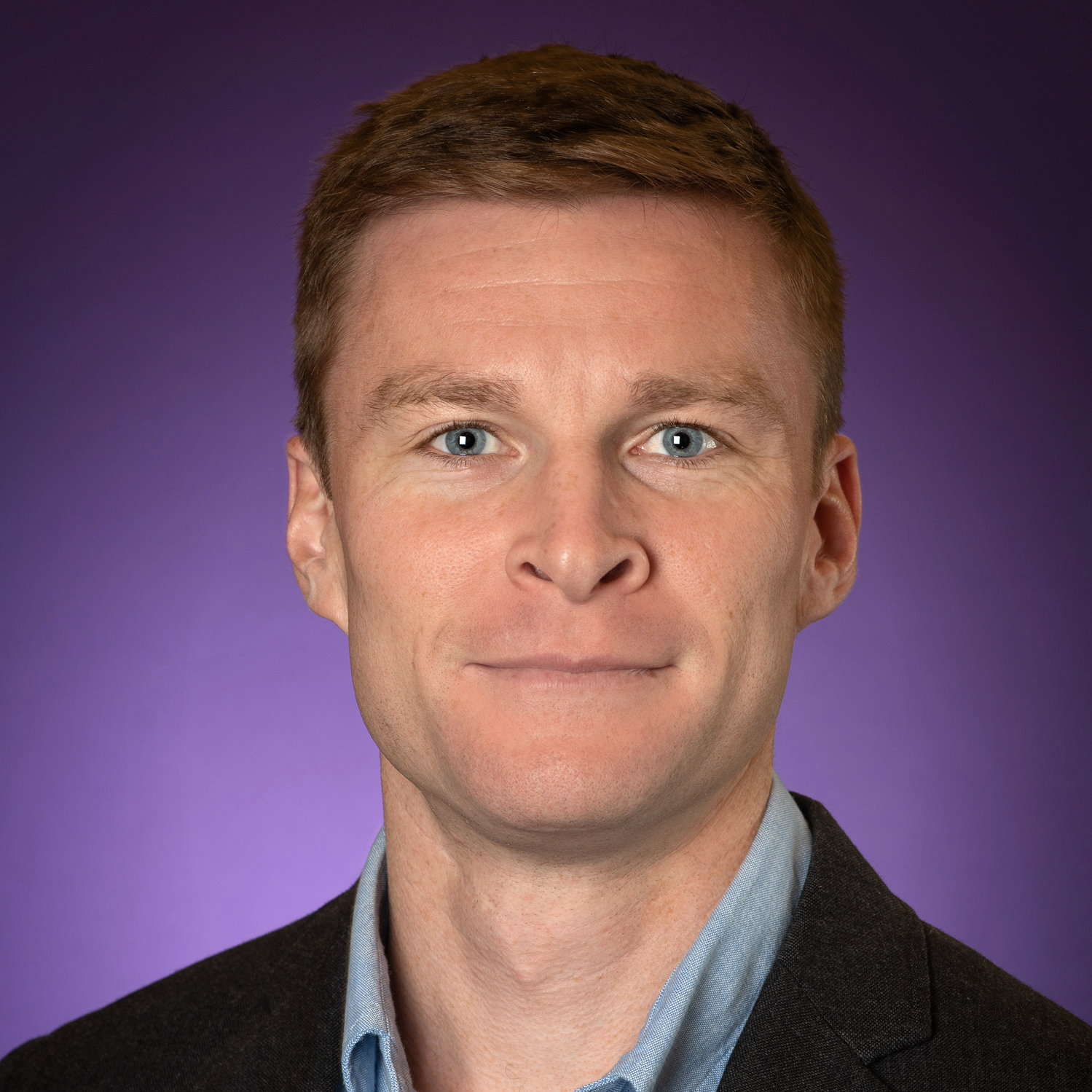
Joseph Darda (Texas Christian University; English)
“The Naturals: How Sports Make Race in America”
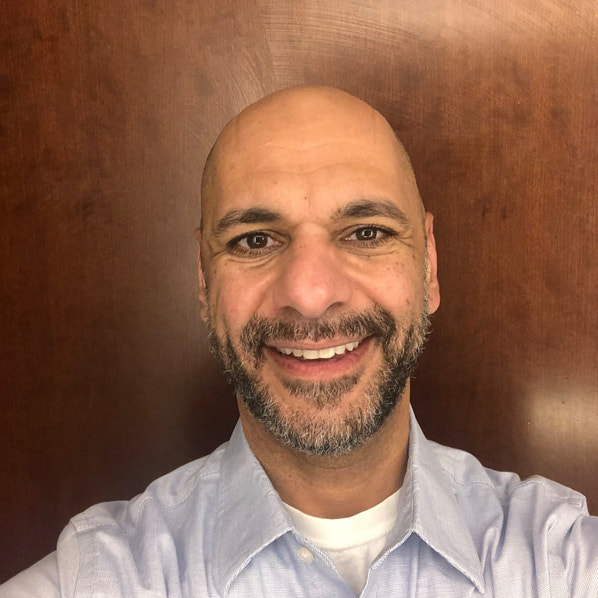
Kareem Khalifa (Middlebury College; Philosophy)
Future of Truth Fellow
“Segregation and Social Inquiry”
UConn Faculty Fellows
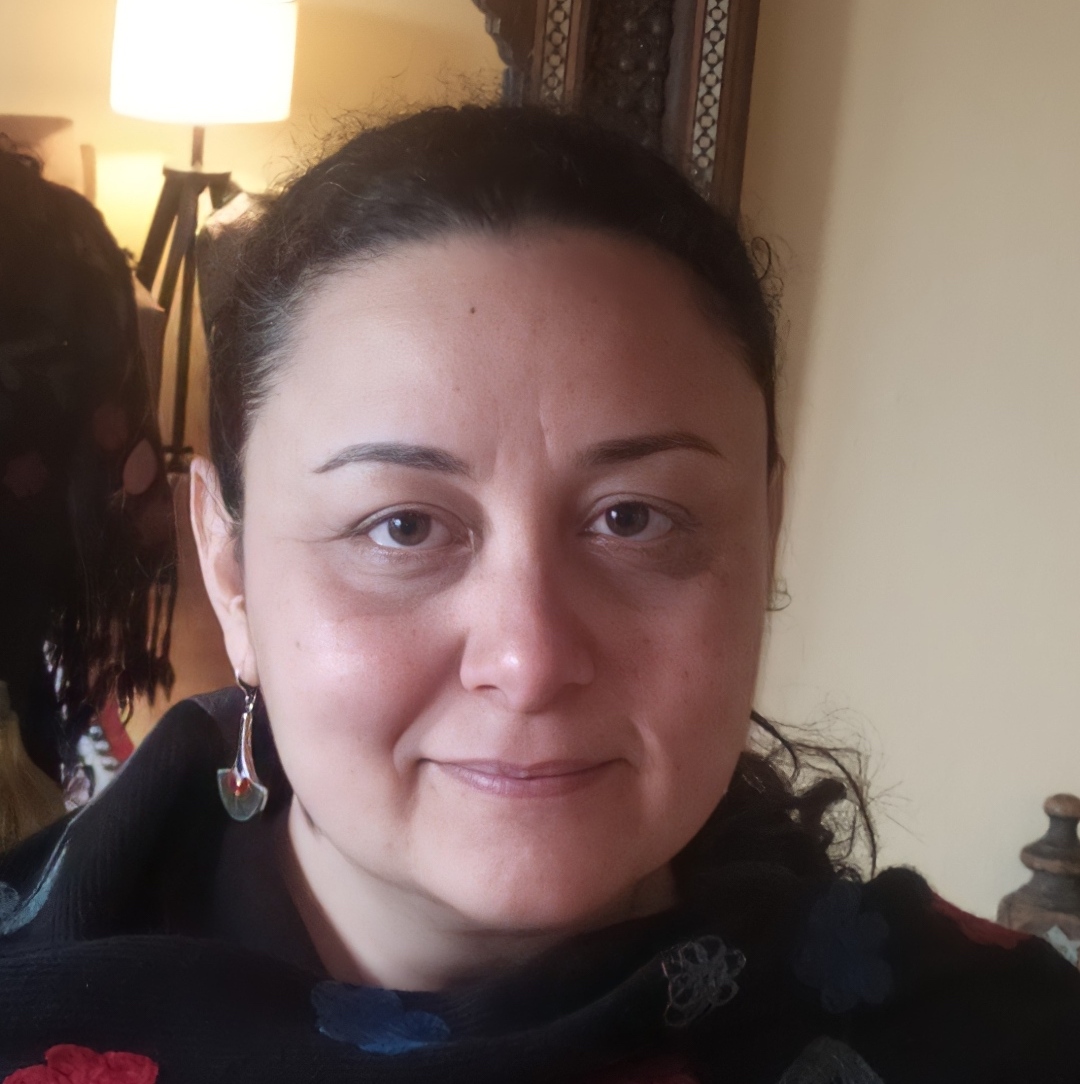
Hind Ahmed Zaki (Political Science / LCL)
“The Price of Inclusion: Feminist Politics in the Shadow of the Arab Spring”
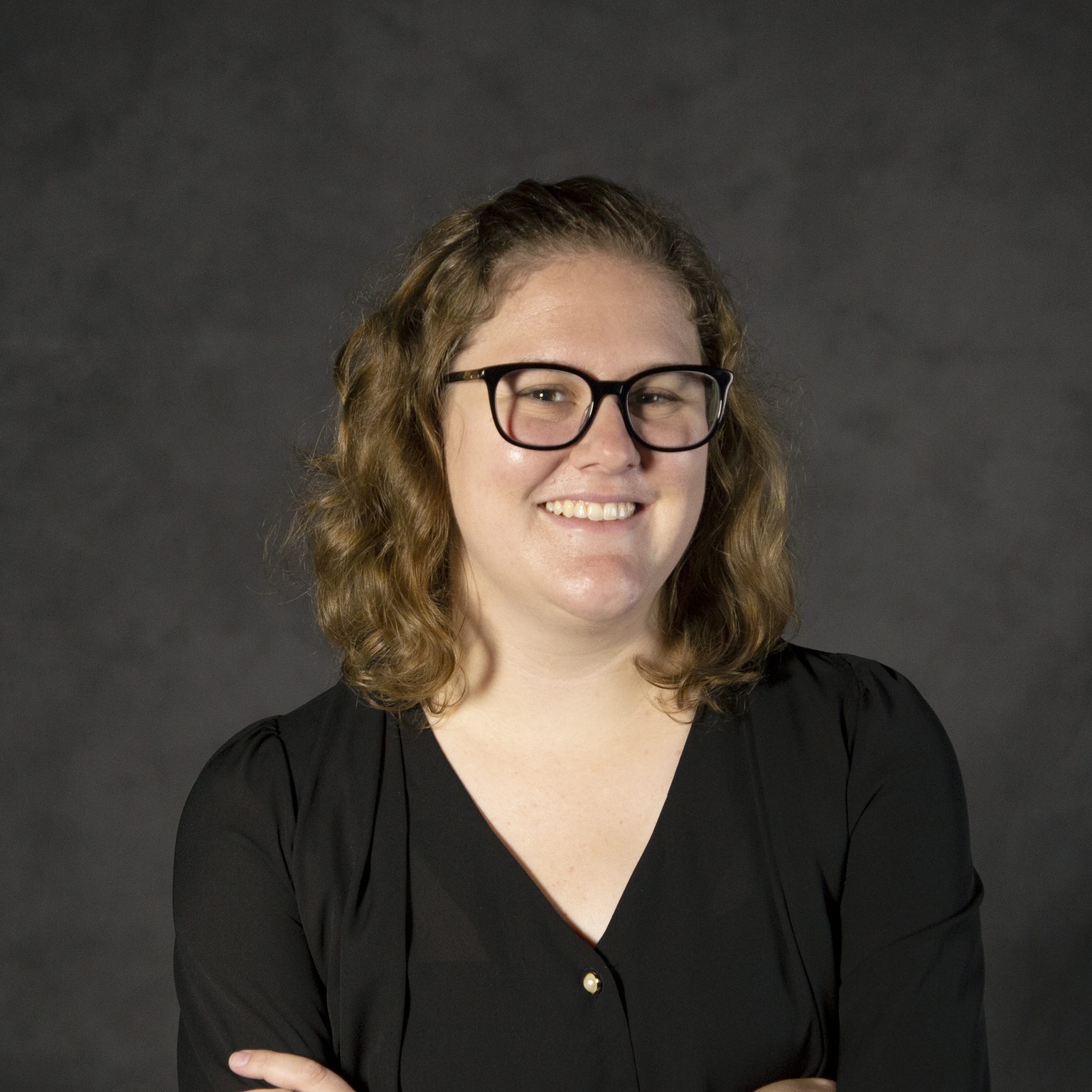
Heather Cassano (DMD)
“The Fate of Human Beings”
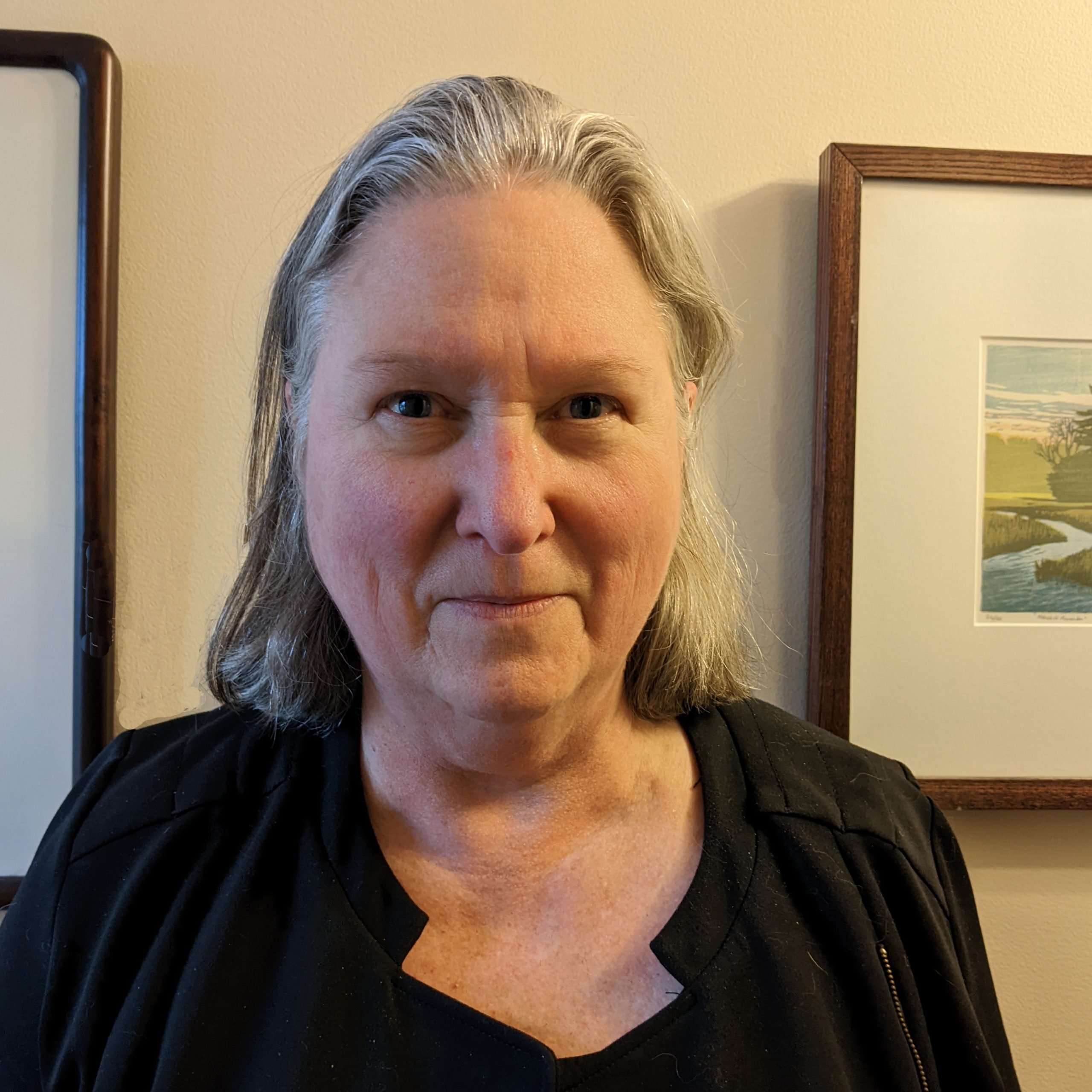
Cornelia Dayton (History)
“John Peters, A Life”
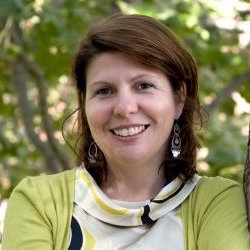
Anna Mae Duane (English)
“Like a Slave: Slavery’s Appropriation from The American Revolution to QAnon”
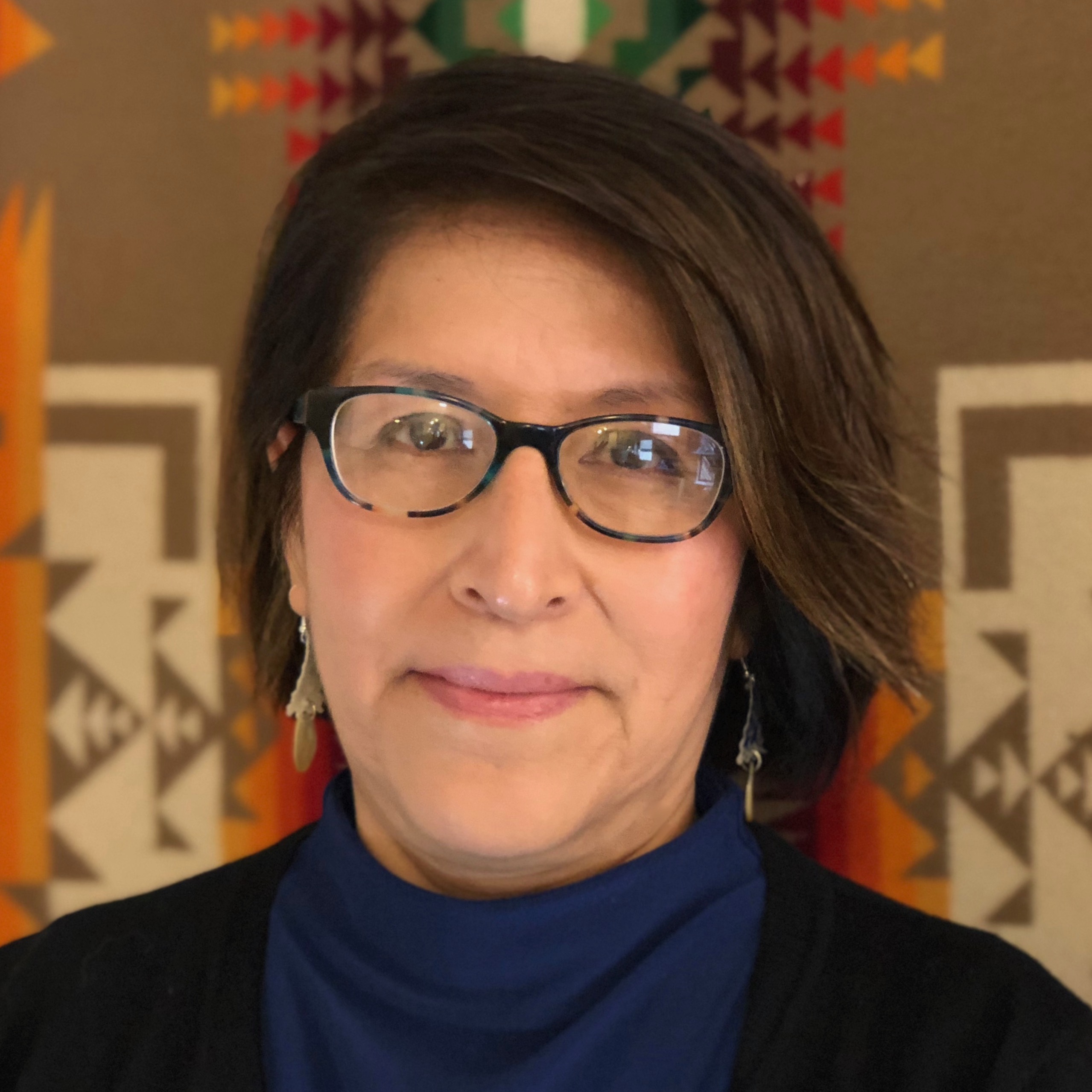
Sandy Grande (Political Science / Native American and Indigenous Studies)
“Indigenous Elders and Aging”
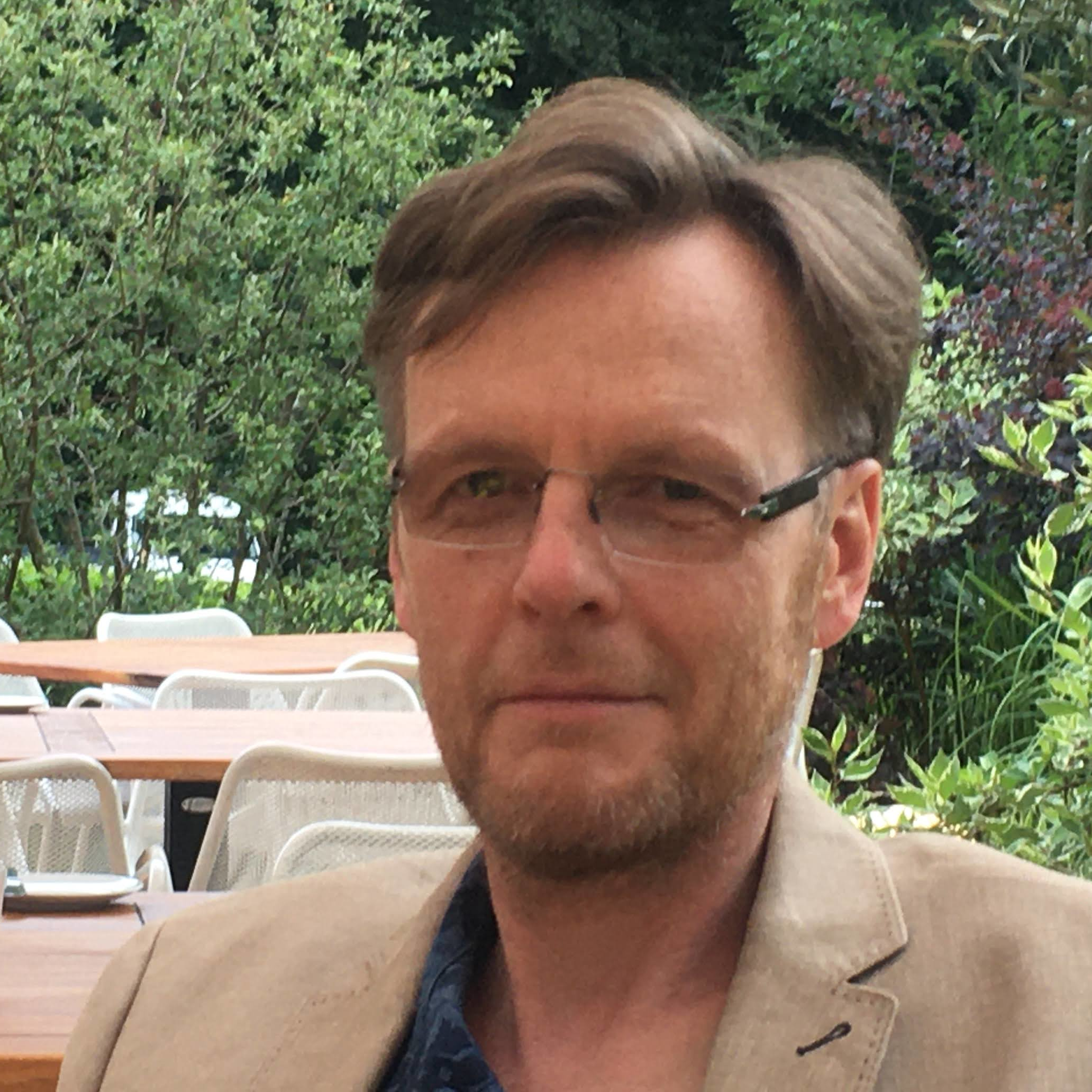
Stefan Kaufmann (Linguistics)
“What was, what will be, and what would have been”
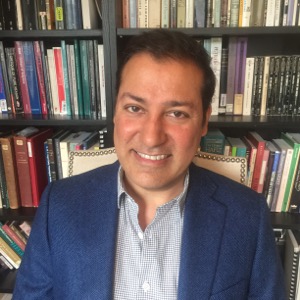
Hassanaly Ladha (LCL)
“Solomon and the Caliphate of Man”
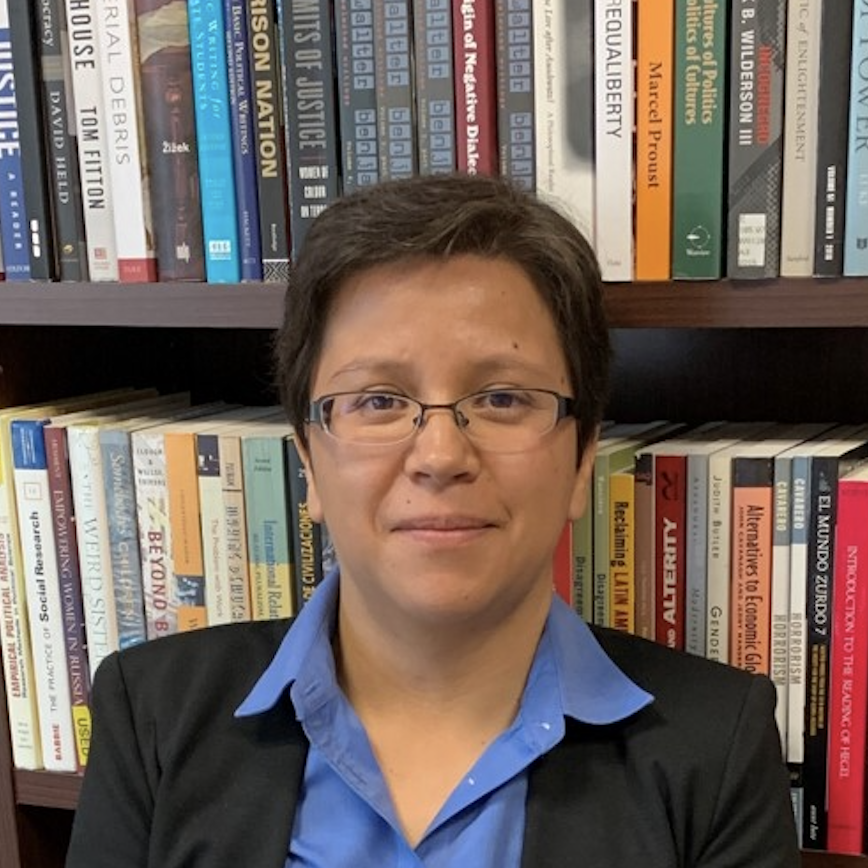
Elva Orozco Mendoza (Political Science and WGSS)
UCHI Faculty of Color Working Group Fellow
“The Maternal Contract”
Dissertation Research Scholars
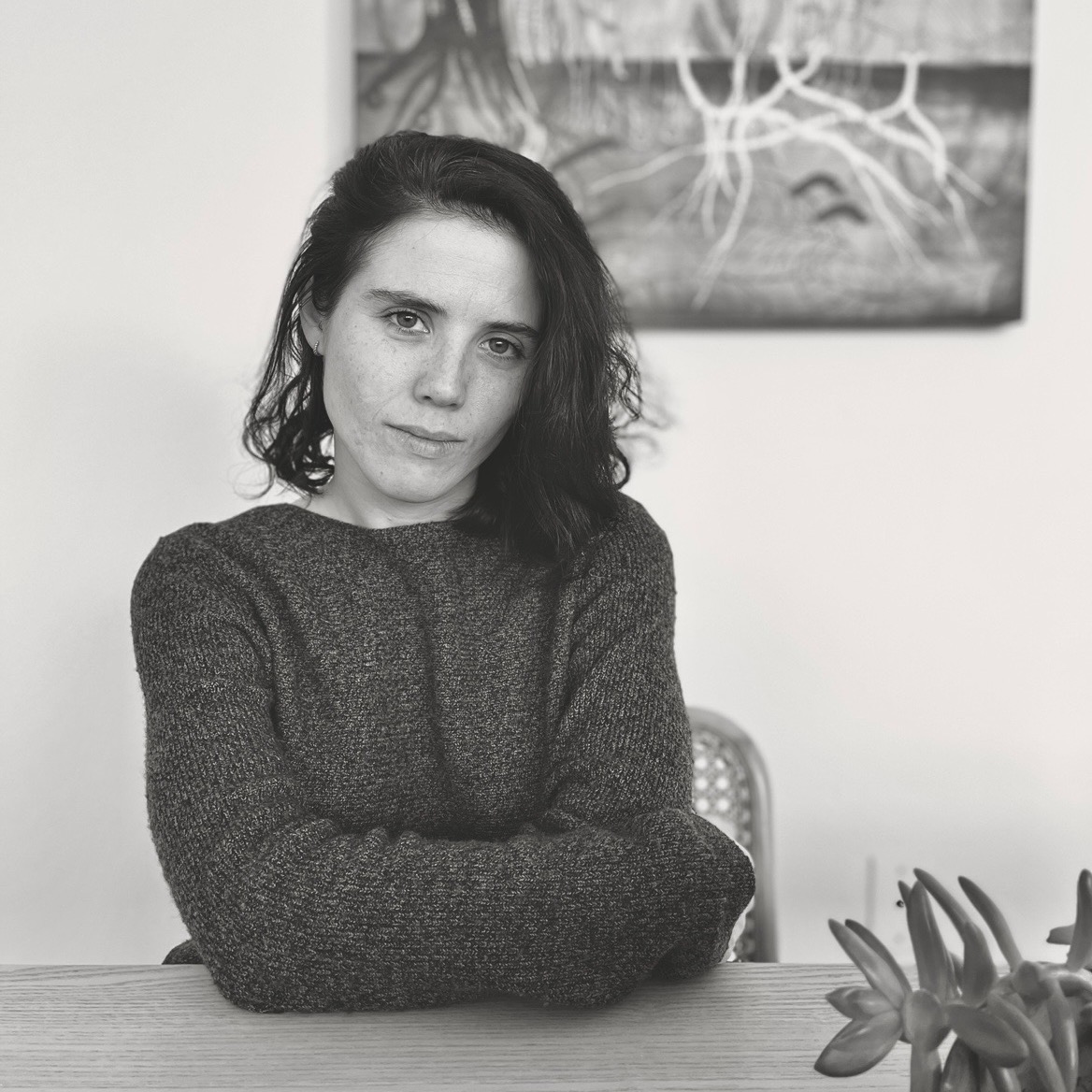
Julia Brush (English)
Richard Brown Dissertation Fellow
“State/Less Aesthetics: Queer Cartographies, Transnational Terrains, and Refugee Poetics”
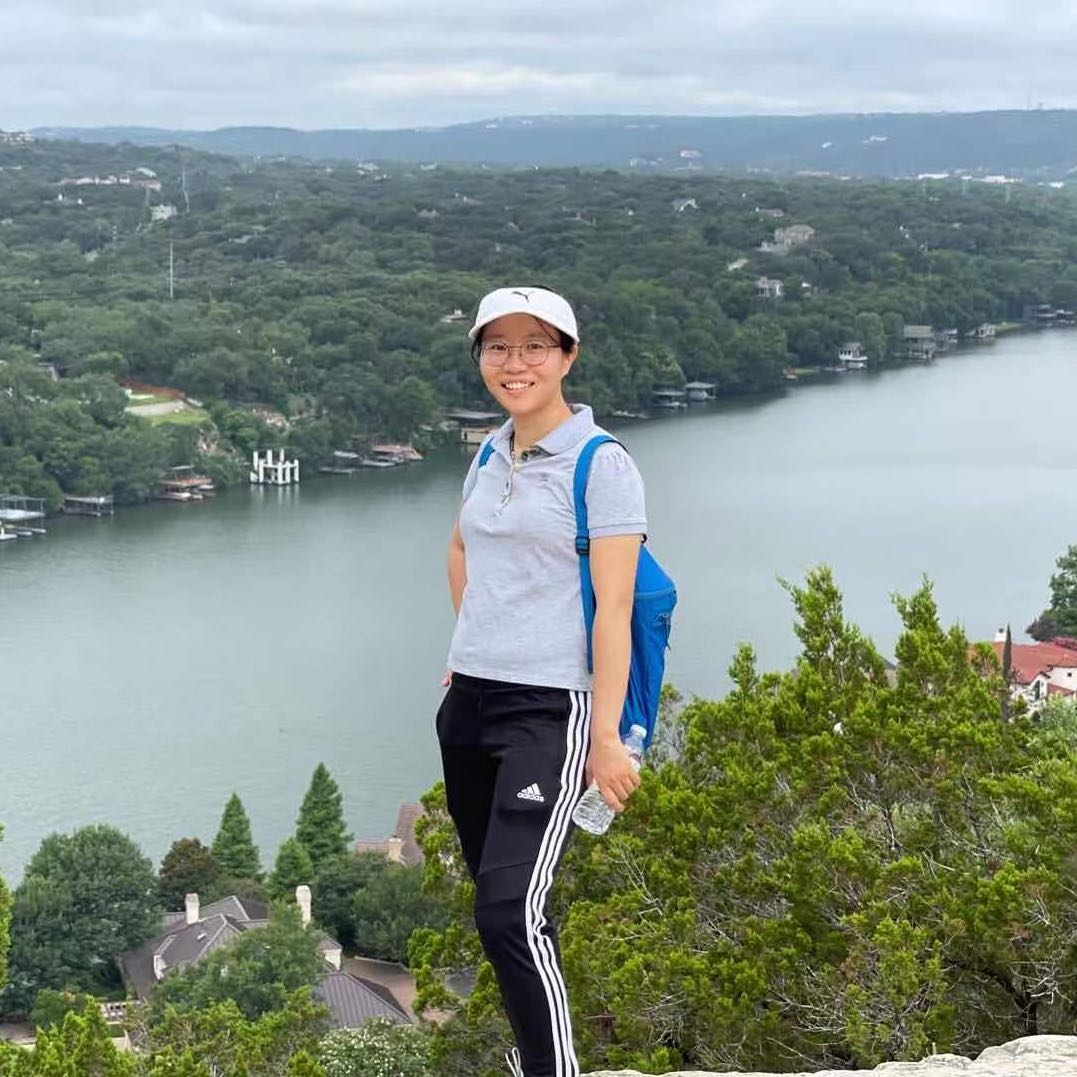
Yuhan Liang (Philosophy)
“Confucian Exemplarism and Moral Diversity”
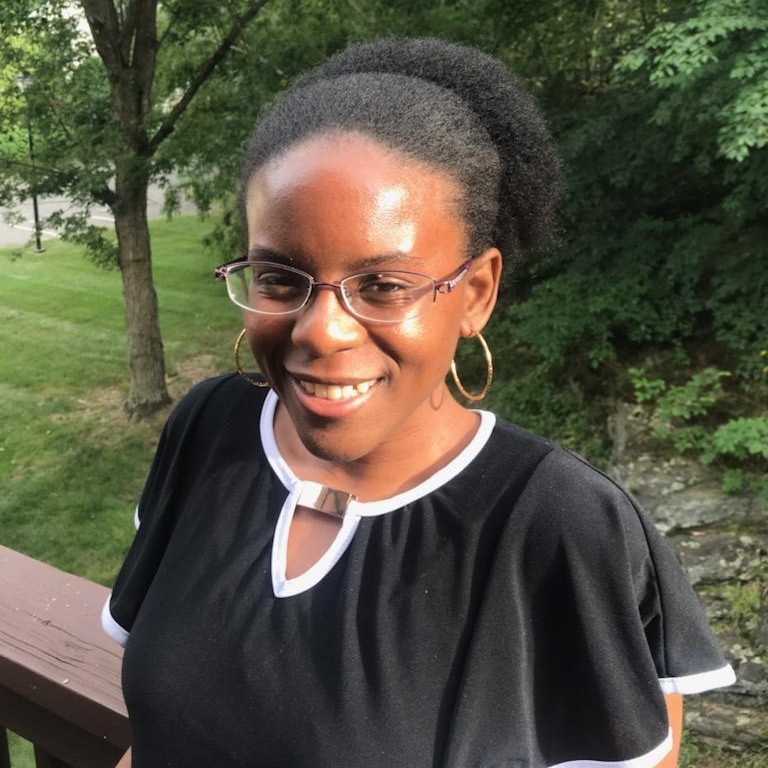
Britney Murphy (History)
“Outsiders Within: Volunteers in Service to America and the Boundaries of Citizenship, 1962–1971”
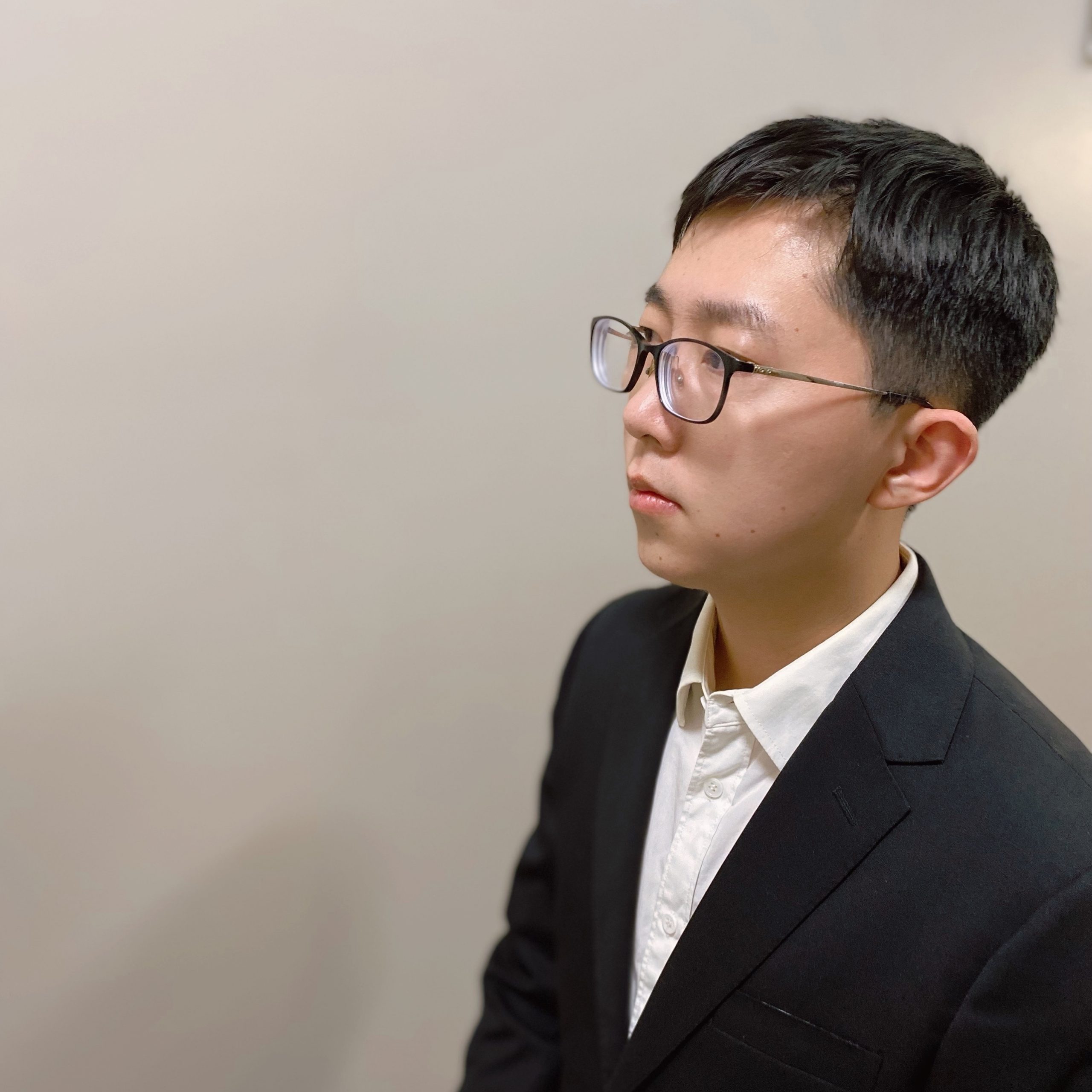
Shihan Zheng (History)
Draper Dissertation Fellow
“The Opium Discourse in China, 1830–1910”
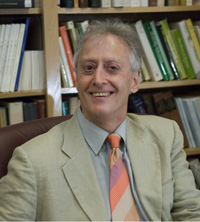
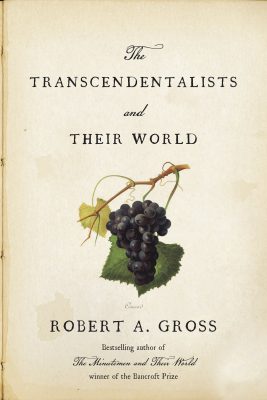
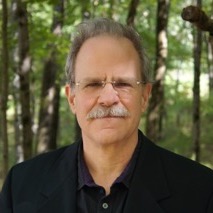
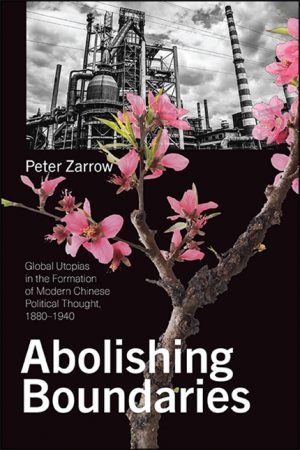
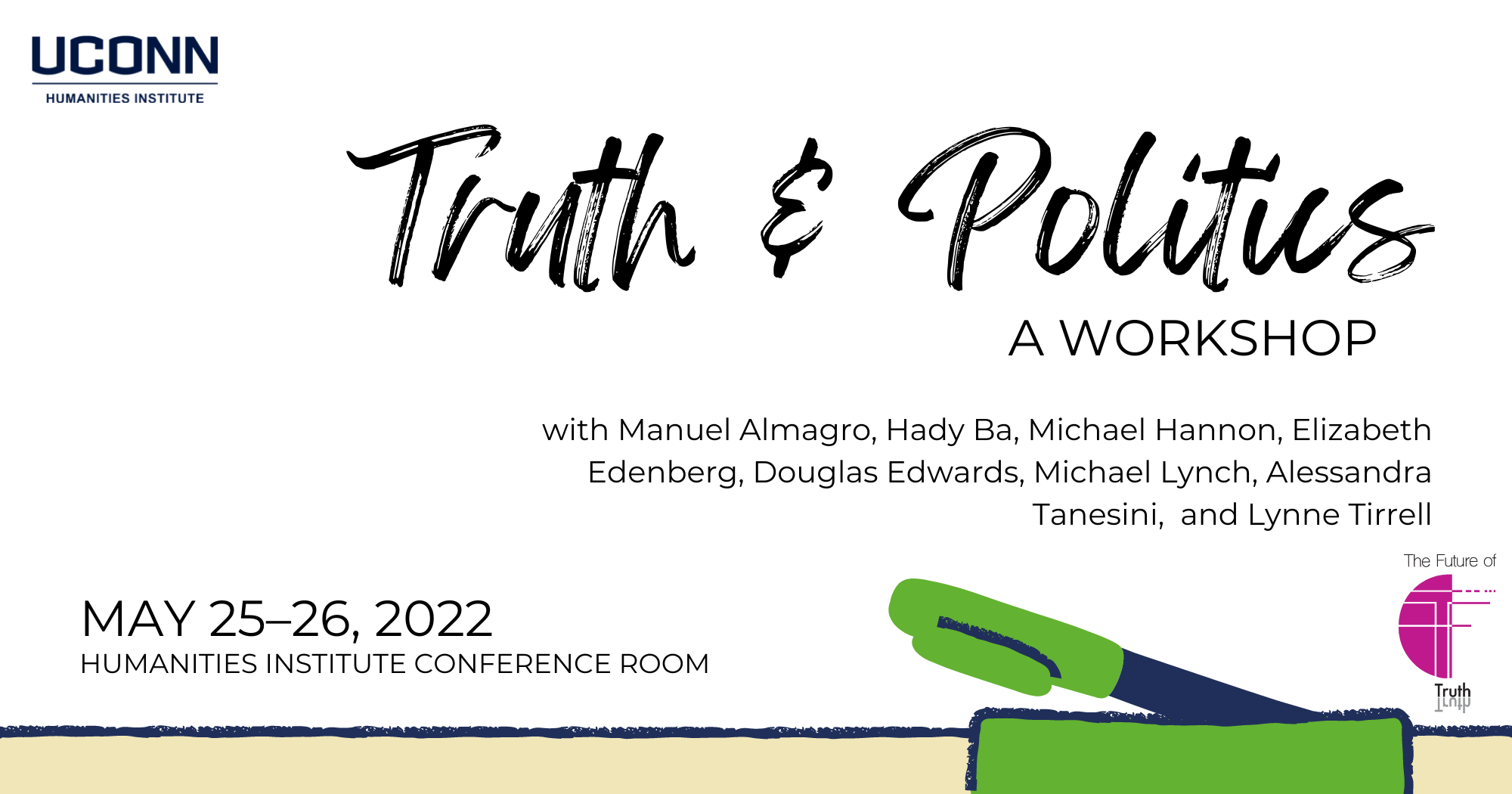
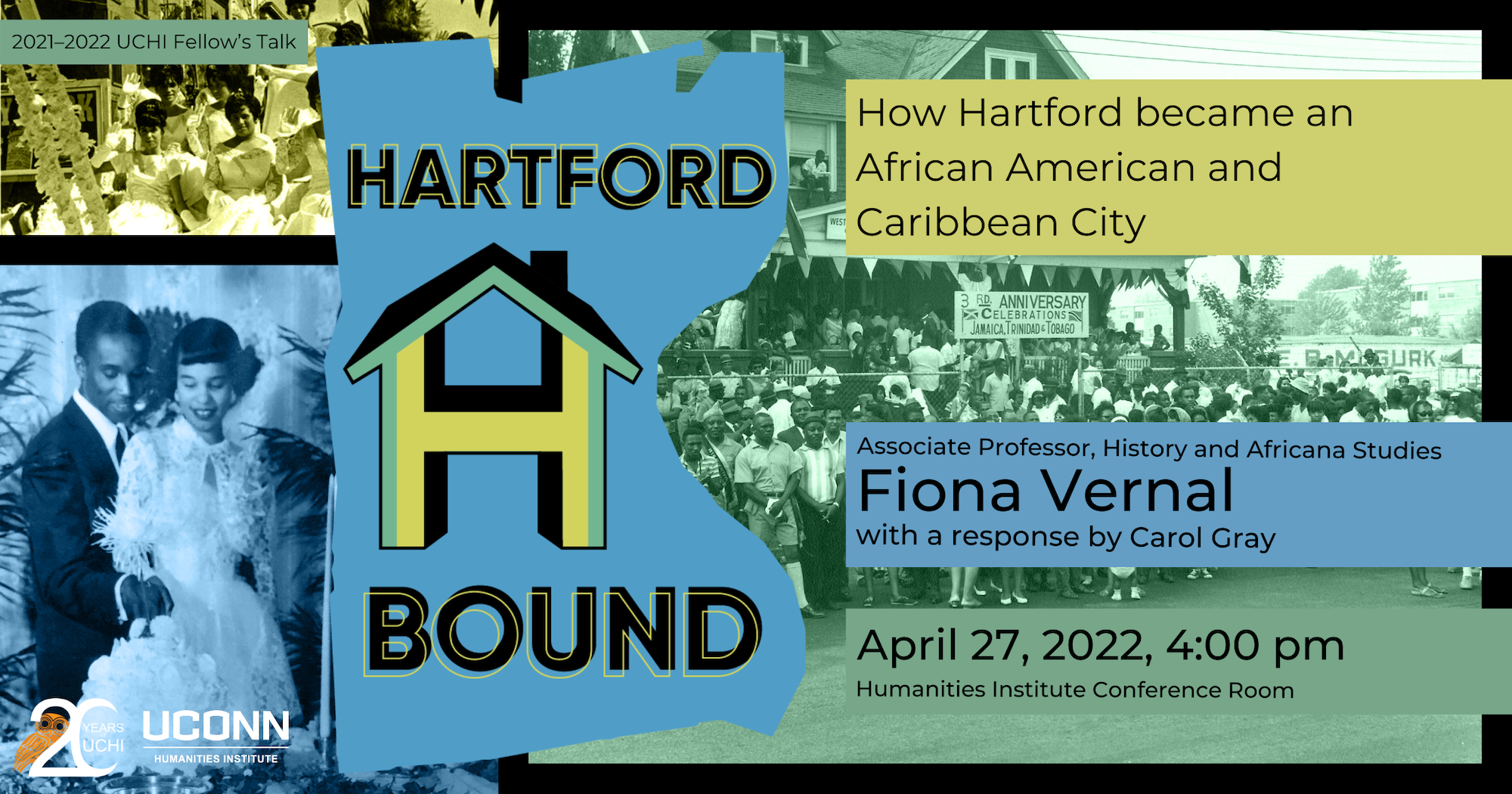
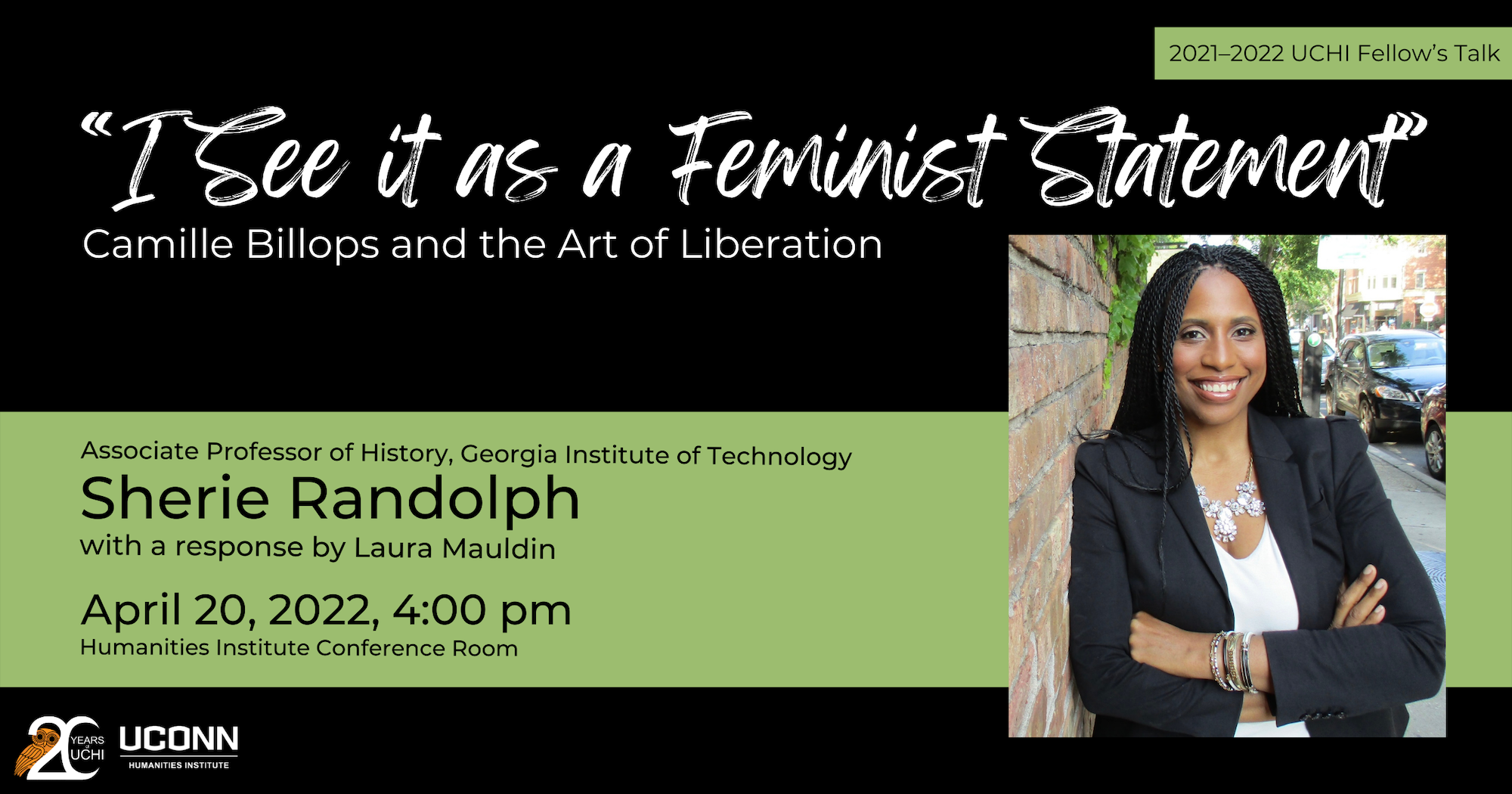
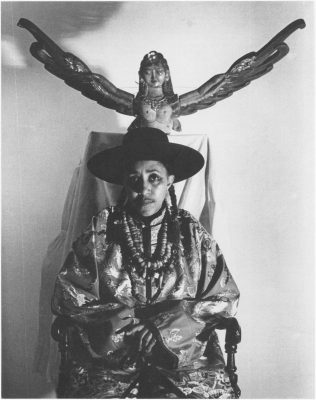
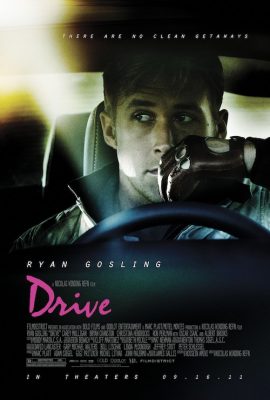 Drive (2011) is a movie about boundaries and boundaries blurred—between day and night, between the criminal world and the world of bystanders, between moments of tenderness and—fair warning—moments of intense violence.
Drive (2011) is a movie about boundaries and boundaries blurred—between day and night, between the criminal world and the world of bystanders, between moments of tenderness and—fair warning—moments of intense violence.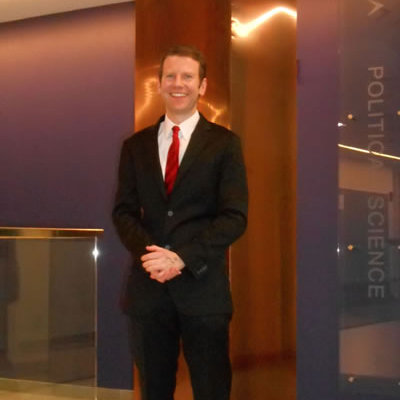 Who is Stephen Dyson? Stephen Dyson is Professor of Political Science at the University of Connecticut. He received his Ph.D. from Washington State University in 2004. His scholarly work focuses on representations of politics and international relations in popular culture, particularly science fiction, and on elite decision making in foreign policy. He teaches classes on politics and popular culture, international relations, political leadership, and the history of nuclear weapons.
Who is Stephen Dyson? Stephen Dyson is Professor of Political Science at the University of Connecticut. He received his Ph.D. from Washington State University in 2004. His scholarly work focuses on representations of politics and international relations in popular culture, particularly science fiction, and on elite decision making in foreign policy. He teaches classes on politics and popular culture, international relations, political leadership, and the history of nuclear weapons.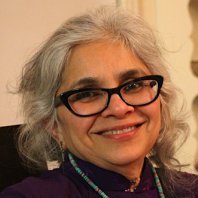 Who is Manisha Desai? Manisha Desai is Professor of Sociology and Asian and Asian American Studies at the University of Connecticut. Committed to decolonizing knowledge and social justice, her research and teaching interests include Gender and Globalization, Transnational Feminisms and women’s movements, Human Rights movements, and Contemporary Indian Society. Currently, she’s working on a book manuscript on the Changing Contours of the Women’s Movement in India. Based on nine months of ethnographic research, funded by the American Institute of India Studies Senior Fellowship, she examines the new articulations of women’s activism with Dalit struggles, Anti-Communalism, and the rural and urban crises of neoliberal policies for the marginalized. Her forthcoming publication with Rianka Roy, Krantijyoti Gyanjyoti Savitribai: The Light of Revolution and Knowledge is the start of a new project on what she calls “the second decolonial moment,” in the Global North and South, to bring the work of 19th century Dalit theorist Savitribai Phule and her collaborators in the Satya Shodhak Samaj (the Society of Truth Seekers) to a larger audience.
Who is Manisha Desai? Manisha Desai is Professor of Sociology and Asian and Asian American Studies at the University of Connecticut. Committed to decolonizing knowledge and social justice, her research and teaching interests include Gender and Globalization, Transnational Feminisms and women’s movements, Human Rights movements, and Contemporary Indian Society. Currently, she’s working on a book manuscript on the Changing Contours of the Women’s Movement in India. Based on nine months of ethnographic research, funded by the American Institute of India Studies Senior Fellowship, she examines the new articulations of women’s activism with Dalit struggles, Anti-Communalism, and the rural and urban crises of neoliberal policies for the marginalized. Her forthcoming publication with Rianka Roy, Krantijyoti Gyanjyoti Savitribai: The Light of Revolution and Knowledge is the start of a new project on what she calls “the second decolonial moment,” in the Global North and South, to bring the work of 19th century Dalit theorist Savitribai Phule and her collaborators in the Satya Shodhak Samaj (the Society of Truth Seekers) to a larger audience.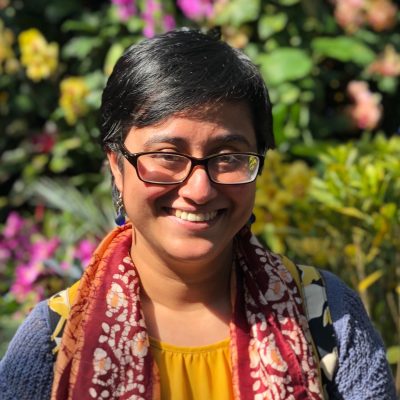 2019–20 Faculty Fellow Debapriya Sarkar is Assistant Professor of English and Maritime Studies at UConn. Her research interests include early modern literature and culture, history and philosophy of science, environmental humanities, and literature and social justice. She has co-edited, with Jenny C. Mann, a special issue of Philological Quarterly called “Imagining Early Modern Scientific Forms” (2019). Her work appears or is forthcoming in English Literary Renaissance, Shakespeare Studies, Spenser Studies, Exemplaria, and in several edited collections. Her current project, Possible Knowledge: The Literary Forms of Early Modern Science, traces how literary writing helped to re-imagine the landscape of epistemic uncertainty at the time of the Scientific Revolution. She is the recipient of the Huntington’s 2021–22 Fletcher Jones Foundation Fellowship.
2019–20 Faculty Fellow Debapriya Sarkar is Assistant Professor of English and Maritime Studies at UConn. Her research interests include early modern literature and culture, history and philosophy of science, environmental humanities, and literature and social justice. She has co-edited, with Jenny C. Mann, a special issue of Philological Quarterly called “Imagining Early Modern Scientific Forms” (2019). Her work appears or is forthcoming in English Literary Renaissance, Shakespeare Studies, Spenser Studies, Exemplaria, and in several edited collections. Her current project, Possible Knowledge: The Literary Forms of Early Modern Science, traces how literary writing helped to re-imagine the landscape of epistemic uncertainty at the time of the Scientific Revolution. She is the recipient of the Huntington’s 2021–22 Fletcher Jones Foundation Fellowship.
